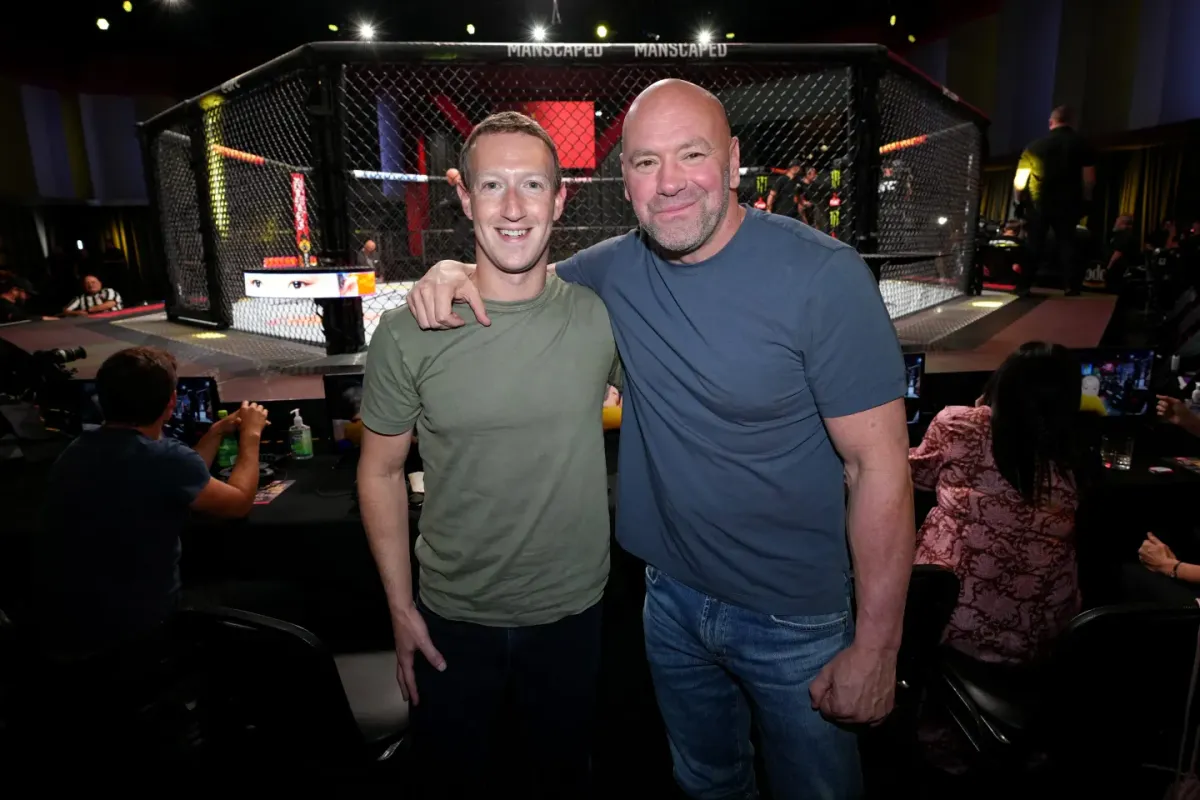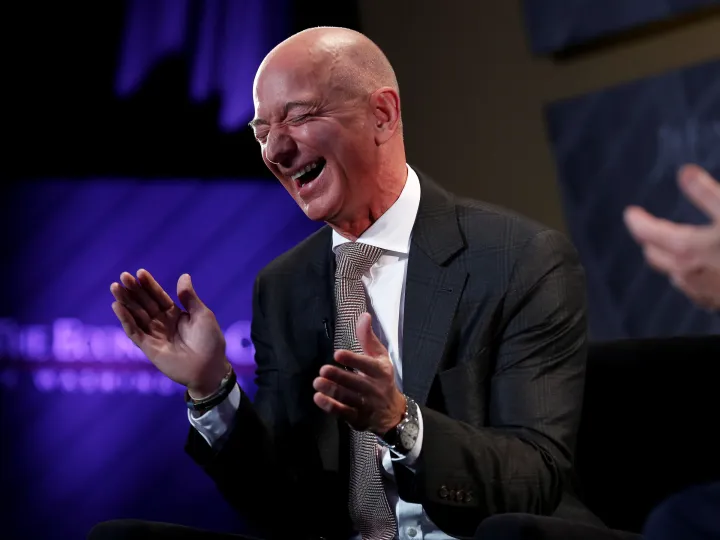The Free Speech Company That Can't Handle Speech
Meta's recent announcement about "getting back to our roots around free expression" coincided perfectly with their HR team deleting internal employee criticism of board member Dana White.

Meta's recent announcement about "getting back to our roots around free expression" coincided perfectly with their HR team deleting internal employee criticism of new board member Dana White. If this sounds like the setup for a particularly heavy-handed piece of satirical fiction, I regret to inform you that it's completely real.
Let's appreciate the layers of irony here. Meta, a company that has repeatedly defended its right to host controversial content under the banner of free speech, is actively censoring employees for mentioning documented facts about their new board member's public behavior. The content being deleted wasn't speculation or rumor – it was discussion of an incident captured on video where White physically assaulted his wife in a nightclub.
This juxtaposition reveals something fundamental about how power operates in our current technological landscape. Meta's version of "free speech" has always been surprisingly consistent, just not in the way they claim. When external content generates engagement and profit, they defend its presence with impressive philosophical arguments about the importance of open dialogue and the dangers of censorship. When internal speech threatens their power structure or questions their decisions, those same philosophical principles vanish with remarkable speed.
This dynamic perfectly encapsulates the modern corporate relationship with free speech. These companies have essentially created a two-tier system: one set of rules for revenue-generating speech (where almost anything goes), and another for speech that might threaten their internal power structures (where suddenly "maintaining a respectful work environment" becomes paramount).
Consider the mental gymnastics required here. Meta's HR team, with apparently zero sense of irony, explained that "Insulting, criticizing, or antagonizing our colleagues or Board members is not aligned with the CEE [Community Engagement Expectations]." This is the same company that has argued vigorously against removing harmful content from its platforms because doing so would violate principles of free expression. The same company that has positioned itself as a defender of open dialogue. The same company that just announced a return to its "free expression roots."
This isn't just about Meta being hypocritical – it's about a deeper truth regarding how corporate power structures view speech. Free speech, in their framework, isn't actually about the freedom to speak truth to power. It's about the freedom to generate engagement metrics. When speech drives user engagement and advertising revenue, it's protected under lofty philosophical principles. When speech questions power structures or highlights uncomfortable truths about leadership decisions, it suddenly becomes a threat to the "respectful work environment."
The real revelation here isn't that Meta doesn't believe in free speech – it's that they've created a sophisticated framework for making speech subservient to profit while maintaining the appearance of principle. They've essentially monetized the concept of free expression itself, turning it into a tool that protects profitable speech while suppressing challenging speech.
This dynamic extends beyond just Meta, reflecting a broader pattern in how modern tech companies approach speech. They've discovered that championing free speech is incredibly profitable when it means hosting controversial content that drives engagement. But that championing stops abruptly at the boardroom door, where suddenly different principles apply.
What we're witnessing isn't just garden-variety corporate hypocrisy. It's the emergence of a new model of speech control, where companies simultaneously position themselves as defenders of free expression while building sophisticated internal systems to suppress any speech that might challenge their power structures. The genius of this approach is how it allows them to profit from the appearance of supporting free speech while maintaining tight control over any speech that might actually threaten their interests.
Meta's handling of the Dana White situation isn't just an isolated incident of poor judgment – it's a perfect crystallization of how modern tech companies really view free speech. It's not about principles. It's not about open dialogue. It's about protecting profit and power while maintaining the illusion of defending freedom. The fact that they can announce a return to "free expression roots" while actively suppressing employee speech isn't a contradiction in their framework – it's the whole point.


